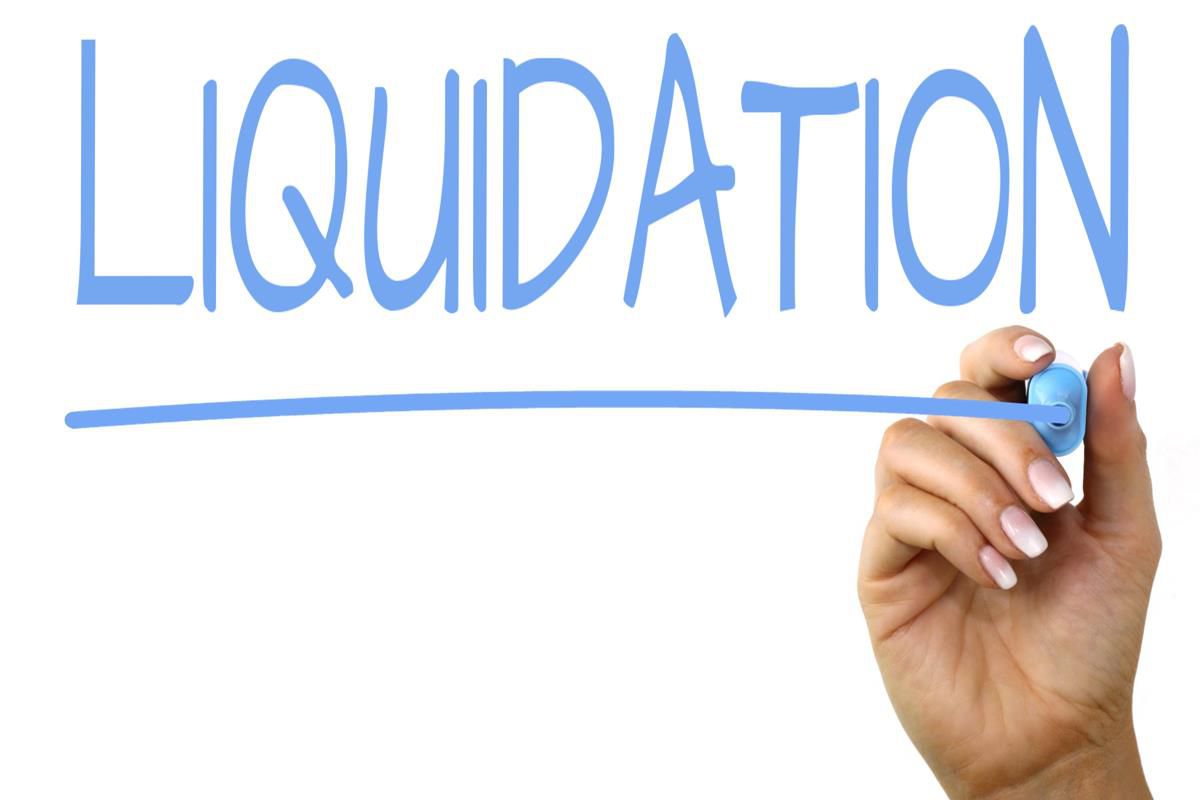Liquidation is an intimidating process for any business owner However, the Creditors Voluntary Liquidation (CVL) option can provide control and transparency that could alleviate some of the stress associated with a company’s financial troubles. In the event of a company facing an unsustainable amount of debt, creditors’ liquidation could be an alternative to close the company and safeguard assets from creditors. Directors of a company who are aware that their debts are much greater than their assets initiate the process. By choosing CVL the directors will decide on the liquidators they wish to, and minimize any impact on employees and customers. Although it is not a simple decision to make the choice of a voluntary liquidation by creditors gives business owners the chance to learn from financial mistakes to remain stronger in the future.

If a business cannot meet its financial obligations, liquidation becomes an essential step to pay off debts that are outstanding and close the business. Liquidation for a company can be a complex and difficult procedure, involving the sale of assets to pay creditors. You should seek out a liquidation company in the UK if you’re facing financial issues and want to liquidate your business.
There are several types of liquidation that companies can avail in the UK such as voluntary liquidation, compulsory liquidation, and creditors voluntary liquidation. The liquidation option that is right for your company is based on your particular situation and the options available to you.
Directors and shareholders are able to decide to liquidate a business voluntarily in the event that they believe it isn’t viable. This is a less expensive, more straightforward liquidation than a compulsory liquidation, which is imposed by the court.
Creditors’ voluntary liquidation is another kind of voluntary liquidation. It is initiated by a creditor of the company when they believe that the company is insolvent and cannot pay its debts. This form of liquidation enables the company to pay its creditors in a systematic method, with the assistance of a licensed liquidator.
When liquidating a company the primary objective of a liquidator is to increase the assets of the business to pay its creditors. The liquidator sells the assets of the company, such as equipment, inventory and property and use the proceeds to pay off outstanding debts. After the creditors are paid, any remaining funds will be paid to the company’s shareholders.
It is important to choose the liquidation firm with the expertise and trustworthiness to guide you through the process. Here are some key points to consider when choosing a company liquidator.
Experience and expertise: Select a company that has extensive experience in the field and has a successful history of liquidations. Select a company with a team of experts in the field authorized to offer assistance and advice.
Pricing transparency: Liquidation can be a lengthy and expensive process, which is why it’s important to choose a business that has transparent pricing without hidden charges. Look for a company that has a clear explanation of the cost involved upfront.
Integrity and professionalism: Choose the liquidation company that works with integrity and professionalism. Look for a liquidation business that adheres to ethical standards and has been registered with regulatory organizations.
A customized service: Each business is unique, and the process of liquidation can vary according to your specific needs. Find a company who offers customized service and tailors their approach to your particular needs.
Reliability and availability: Liquidation can be stressful and time-sensitive It is therefore essential to locate a company who is responsive and available when you need them. Choose a firm that can offer 24/7 support, as well as provide guidance and advice during the liquidation.
It could seem daunting at first but creditors voluntary liquidation can be a beneficial option to think about if you’re struggling to run your business and require substantial assistance. It’s important to remember though that this won’t immediately bring your business back, you need to make proactive preparations ahead of the process. It is possible to do this by contacting an insolvency professional and implementing cost-cutting strategies finding solutions tailored to your requirements, managing ongoing costs, or working with an independent specialist in insolvency. The bottom line is that there are methods to save a business using alternatives for restructuring and debt relief like creditors voluntary liquidation – you just need an appropriate team! The presence of a knowledgeable professional at the side of you, providing honest advice is invaluable in times of change. Be aware and formulate your own plan of success if CVL is an option for your business. With financial stability in sight the business owner can finally have the security and confidence required to run their business again.
For more information, click liquidators